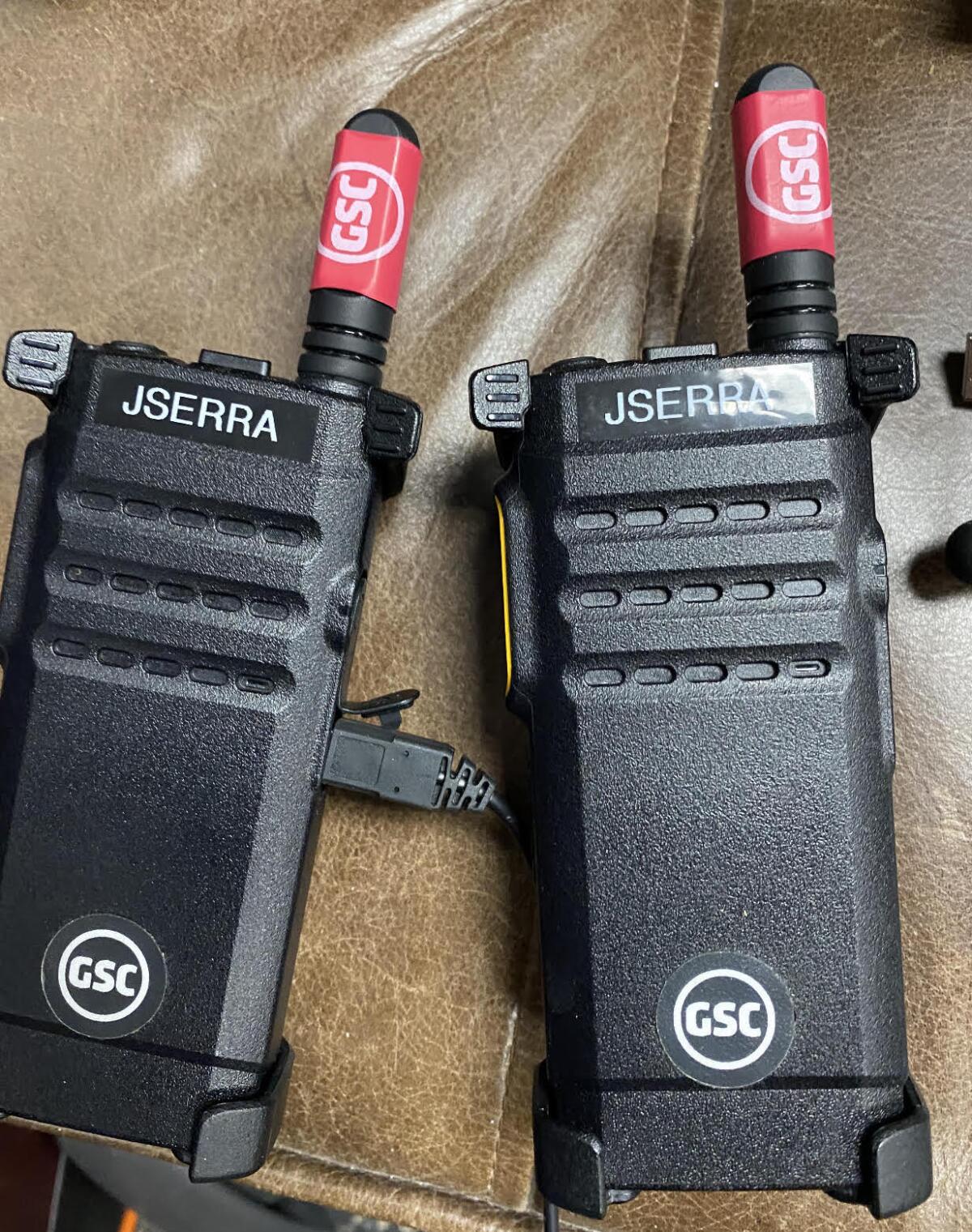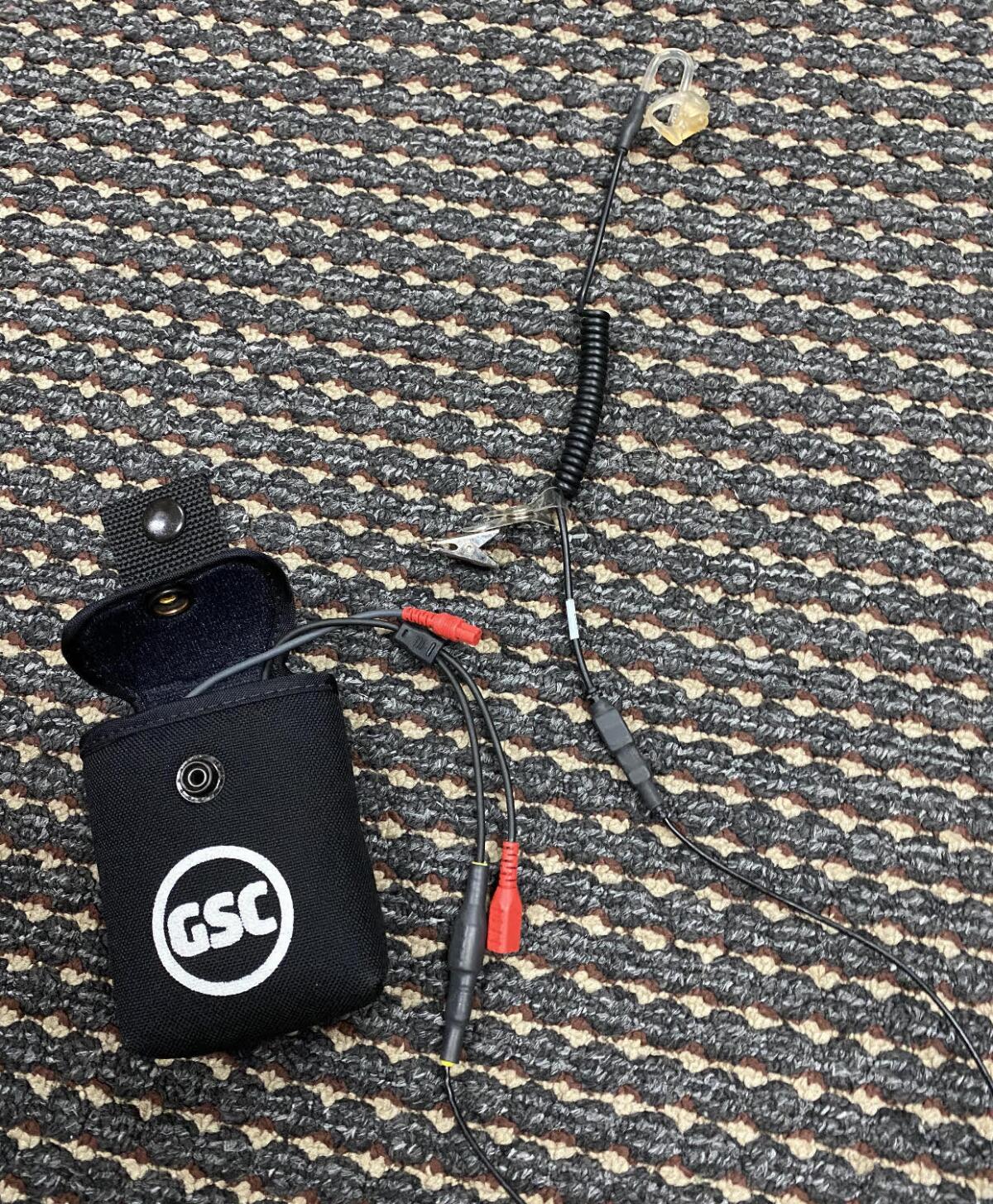New high school baseball rule will allow coaches to use an electronic device to communicate with catchers

High school baseball booster clubs are about to get a request from coaches: Can you give us $1,200 for a walkie-talkie and earpiece for the 2024 season?
The National Federation of State High School Assns. baseball rules committee has approved the use of a one-way communication device between a coach in the dugout and the team’s catcher for calling pitches during the 2024 season.
“We have all the things needed to do it,” said San Juan Capistrano JSerra’s Brett Kay, coach of the two-time defending Southern Section Division 1 champions.
Kay has been using a walkie-talkie and earpiece for the catcher during fall, winter and summer ball.
“It speeds up the game by about 22 minutes,” he said. “It’s a great change for high school baseball.”
Coaches have been relying on signs to the catcher, who then communicate with another sign to the pitcher. With an electronic device, coaches can also tell the catcher to go to the mound to save a coach’s mound visit or to call for a pickoff attempt.
College and professional teams have been using electronic devices for communication to speed up the game. A coach pushes a button on an app and the catcher and pitcher get the information immediately while wearing a device. That could one day be used at the high school level, too. The most popular system in use right now is produced by PitchCom.

Just like teams trying to figure out signs, can they pick off the electronic communication?
“I’m sure somebody out there can get high-frequency readings,” Kay said.
Coaches who haven’t been practicing with it will need to get adjusted to the walkie-talkie and earpiece system, Kay said.
“Honestly, for the people who like to give signs, it takes time getting used to it,” Kay said.
And then there’s the money needed to buy the devices.
Let the fundraising begin.
More to Read
Get our high school sports newsletter
Prep Rally is devoted to the SoCal high school sports experience, bringing you scores, stories and a behind-the-scenes look at what makes prep sports so popular.
You may occasionally receive promotional content from the Los Angeles Times.







